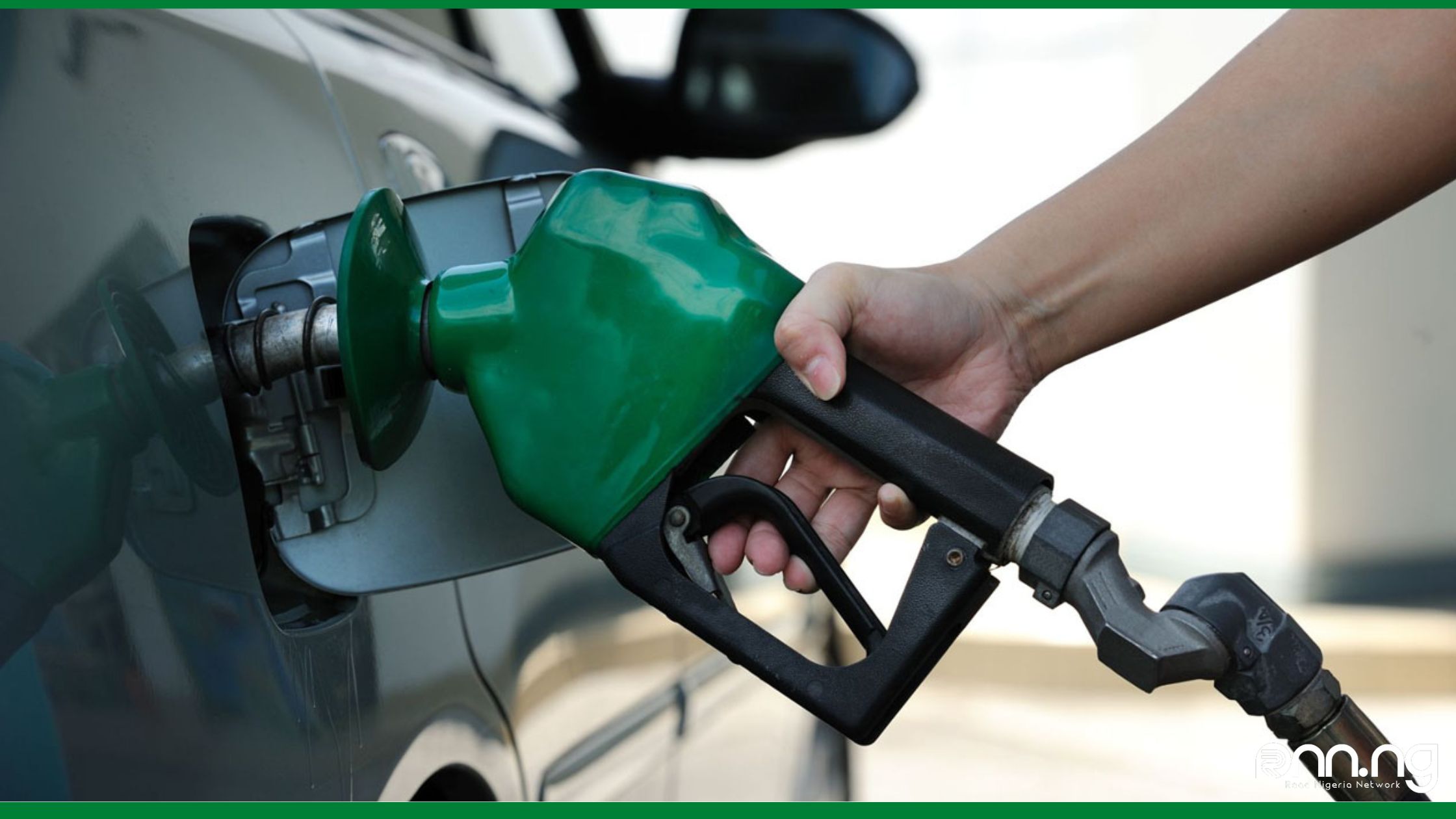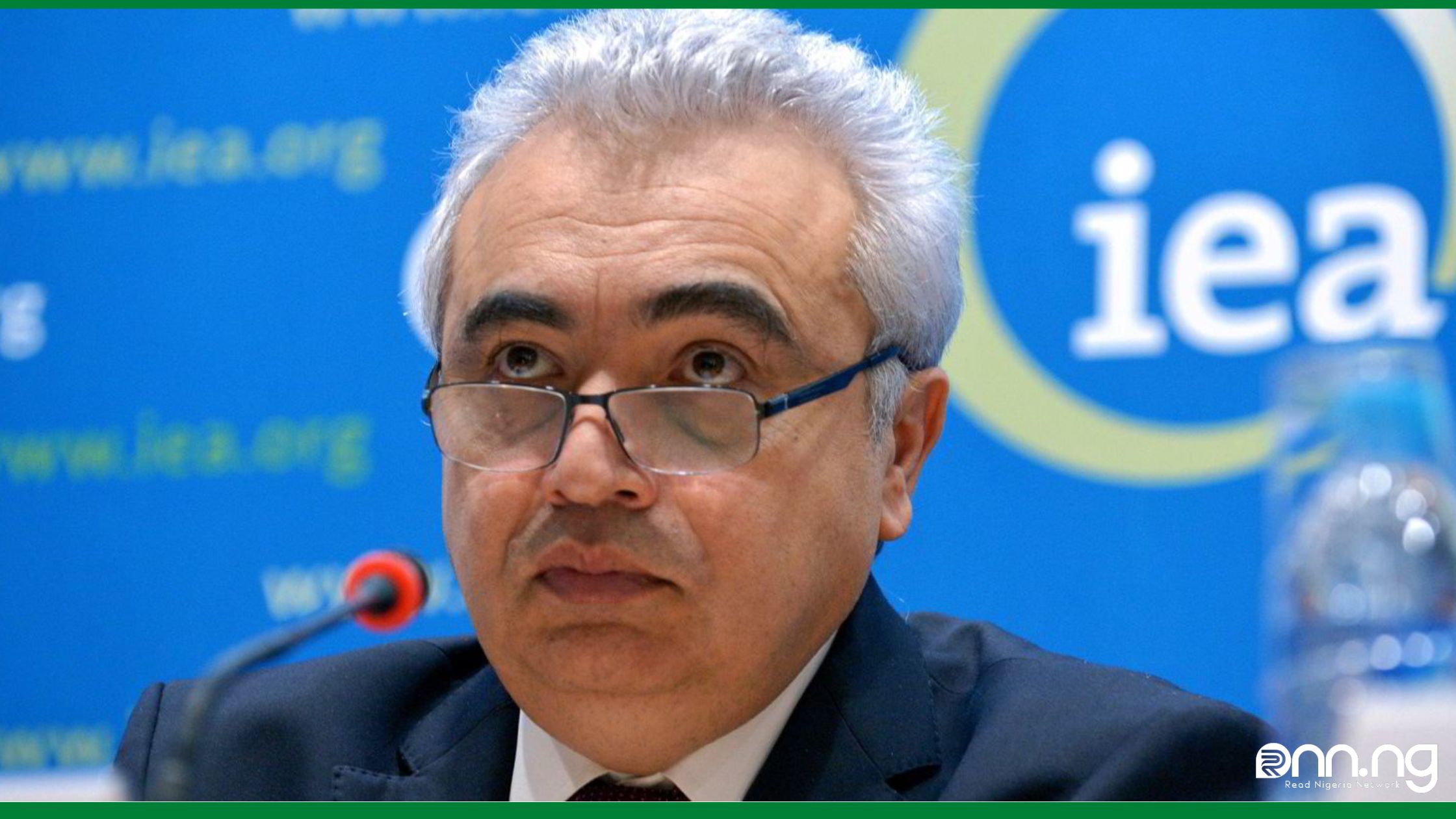Business News
Remove Fuel Subsidies to Ensure Energy Security – IEA
The International Energy Agency (IEA) has suggested that fuel subsidies should be removed in order to Ensure Energy Security, particularly…

- Remove Fuel Subsidies to Ensure Energy Security
- IEA’s statement
In order to achieve energy security, the International Energy Agency (IEA) has suggested that fuel subsidies should be eliminated, particularly in countries like Nigeria that depend heavily on energy resources.
The IEA stated that inefficient fossil fuel subsidies are a significant barrier to a more sustainable future in its October 2022 World Energy Outlook (WEO).
Although it is socially necessary to safeguard society’s most vulnerable members, the report pointed out that one of the most obvious disadvantages of fossil fuel usage subsidies is the financial burden that it places on nations.
Therefore, nations must end wasteful fuel subsidies in order to secure their energy transition. Fuel subsidy payments increased between 2021 and 2022 after a substantial decline in 2020.
READ MORE: #FuelPriceHike: Lagosians lament buying fuel N1000 Per litre
The IEA contends that governments must take advantage of the enormous market resources and encourage private actors to participate. Governments must establish long-term market frameworks that are predictable, stable, and serve their objectives.
According to the IEA, increased consumer protection measures during the energy crisis and high fossil fuel prices could result in a further steep increase in fossil fuel subsidies in 2022.
IEA’s statement
According to the IEA, subsidies are not a specific budget item but rather the potential cost of lost revenue in nations that export gasoline. The less obvious costs are seen in the way government subsidies promote excessive fossil fuel usage and the warped investment incentives they create.

Remove Fuel Subsidies to Ensure Energy Security
The IEA also recognized the need for pricing reform but admitted that it would be politically challenging since in many emerging economies, particularly those with abundant hydrocarbon resources, the implicit social compact frequently includes the use of cheap fuels.
Subsidy reduction alone is a blunt instrument, according to the IEA. Therefore, initiatives in this area must be a part of a larger plan that also includes regulations to increase the availability of more energy-efficient goods and services as well as safeguards for vulnerable populations.
When oil prices were relatively low globally in 2015, the United Arab Emirates began to gradually phase down its subsidies for gasoline and diesel, minimizing the impact on its people. This is an example given by the agency. Fuel costs in the nation will be close to the worldwide average by 2022.
Investment in clean energy technology innovation
The IEA advises the government to invest in clean energy technology innovation and early-stage implementation in order to safeguard the energy transition of resource-dependent nations like Nigeria.
“In order to get to net zero emissions by 2050, innovation cycles for early-stage clean energy technologies need to be more rapid than has typically been achieved historically. Bringing early-stage clean energy technologies to market by 2030 requires going from the prototype to market around 20% faster on average than the quickest energy technology developments in the past, and around 40% faster than was the case for solar PV. Demonstration projects in sectors where economies of scale favor large installations, such as for sustainable fuels and industrial decarbonization, are generally the hardest to fund without public support.”
Things to be aware of
In particular, during periods of high and fluctuating fuel costs, different Nigerian governments have struggled to end the country’s fuel subsidy.
According to Zainab Ahmed, the Minister of Finance, Budget, and National Planning in Nigeria, the Federal Government spends over N18.39 billion each day on fuel subsidy payments.
READ MORE: List of Assets That Will Be Sold by FG to Fund The 2023 Budget Deficit
The President Buhari-led administration announced that gasoline subsidy payments would stop after HI/2023 when he left office as president, but it scheduled N3.6 trillion for fuel subsidy payments for the first half of 2023 in the proposed budget breakdown.
